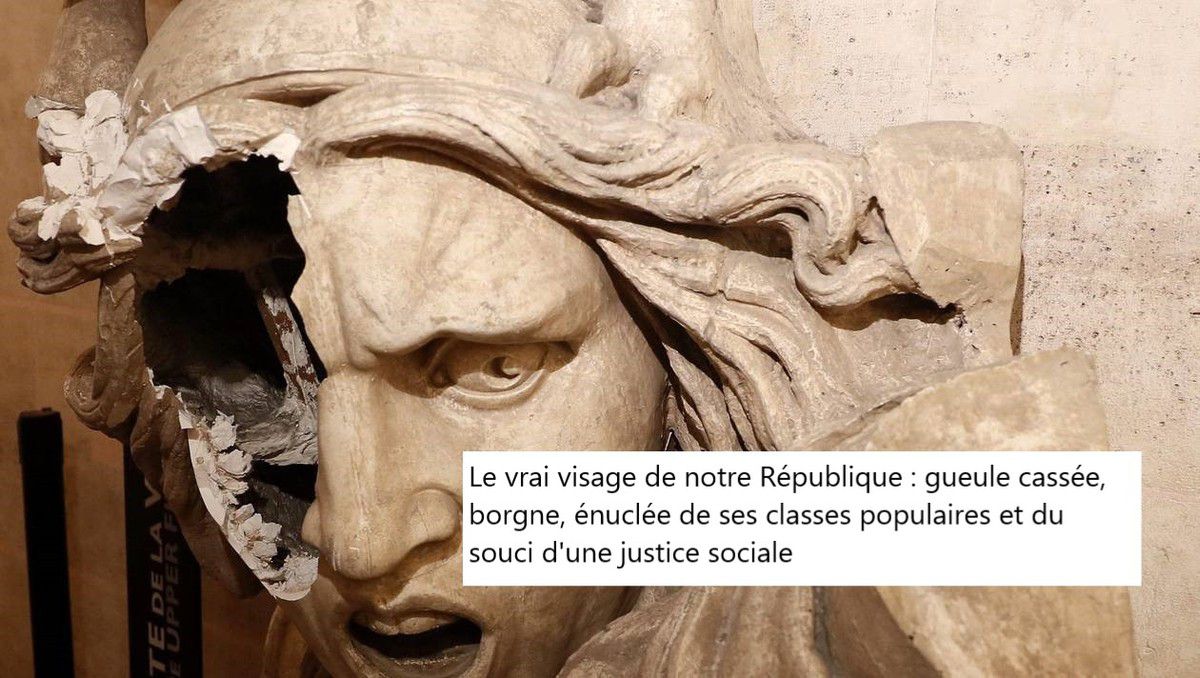
Etre au monde, oui ! Mais sûrement pas de Ce monde ! Plus de 18 années d’édition de billets de blog sur 20-minutes, Médiapart et Nouvelobs, aujourd'hui sur Overblog... Durant toutes ces années, sachez que tout ce qui est beau, rare, difficile et courageux ne m’aura pas été étranger ; d'où le choix de mes catégories et des sujets traités. Bonne découverte à tous !
12 Janvier 2024
/image%2F3619358%2F20240112%2Fob_8ec301_irving-wahsington.jpg)
Irving Washington (1783-1859) is an American historian, biographer, and essayist who also served as ambassador to Spain (1842-46). He was the first American author to achieve international literary renown. Rural Funerals - Part of “The Sketch Book of Geoffrey Crayon, Gent.,” Irving’s popular collection of short stories, folklore, travelogues, and essays. A sketch on the simple beauty and elegance of rural funerals and the customs surrounding them.
"Authors beget authors, and having produced a numerous progeny , in a good old age they sleep with theirs fathers, that is to say with authors who preceded them - and from whom they had stolen."
***
extracts :
"The sorrow for the dead is the only sorrow from which we refuse to be divorced. Every other wound we seek to heal- every other affliction to forget; but this wound we consider it a duty to keep open- this affliction we cherish and brood over in solitude. Where is the mother who would willingly forget the infant that perished like a blossom from her arms, though every recollection is a pang? Where is the child that would willingly forget the most tender of parents, though to remember be but to lament? Who, even in the hour of agony, would forget the friend over whom he mourns? Who, even when the tomb is closing upon the remains of her he most loved; when he feels his heart, as it were, crushed in the closing of its portal; would accept of consolation that must be bought by forgetfulness? No, the love which survives the tomb is one of the noblest attributes of the soul. If it has its woes, it has likewise its delights; and when the overwhelming burst of grief is calmed into the gentle tear of recollection; when the sudden anguish and the convulsive agony over the present ruins of all that we most loved, is softened away into pensive meditation on all that it was in the days of its loveliness- who would root out such a sorrow from the heart? Though it may sometimes throw a passing cloud over the bright hour of gayety, or spread a deeper sadness over the hour of gloom, yet who would exchange it even for the song of pleasure, or the burst of revelry? No, there is a voice from the tomb sweeter than song. There is a remembrance of the dead to which we turn even from the charms of the living. Oh, the grave! the grave! It buries every error, covers every defect, extinguishes every resentment! From its peaceful bosom spring none but fond regrets and tender recollections. Who can look down upon the grave even of an enemy, and not feel a compunctious throb, that he should ever have warred with the poor handful of earth that lies mouldering before him.
But the grave of those we loved- what a place for meditation! There it is that we call up in long review the whole history of virtue and gentleness, and the thousand endearments lavished upon us almost unheeded in the daily intercourse of intimacy- there it is that we dwell upon the tenderness, the solemn, awful tenderness of the parting scene. The bed of death, with all its stifled griefs - its noiseless attendance- its mute, watchful assiduities. The last testimonies of expiring love! The feeble, fluttering, thrilling- oh! how thrilling!- pressure of the hand! The faint, faltering accents, struggling in death to give one more assurance of affection! The last fond look of the glazing eye, turned upon us even from the threshold of existence!
Ay, go to the grave of buried love, and meditate! There settle the account with thy conscience for every past benefit unrequited every past endearment unregarded, of that departed being, who can never- never- never return to be soothed by thy contrition!
If thou art a child, and hast ever added a sorrow to the soul, or a furrow to the silvered brow of an affectionate parent; if thou art a husband, and hast ever caused the fond bosom that ventured its whole happiness in thy arms to doubt one moment of thy kindness or thy truth ; if thou art a friend, and hast ever wronged, in thought, or word, or deed, the spirit that generously confided in thee ; if thou art a lover, and hast ever given one unmerited pang to that true heart which now lies cold and still beneath thy feet - then be sure that every unkind look, every ungracious word, every ungentle action, will come thronging back upon thy memory, and knocking dolefully at thy soul- then be sure that thou wilt lie down sorrowing and repentant on the grave, and utter the unheard groan, and pour the unavailing tear; more deep, more bitter, because unheard and unavailing.
Then weave thy chaplet of flowers, and strew the beauties of nature about the grave; console thy broken spirit, if thou canst, with these tender yet futile tributes of regret; but take warning by the bitterness of this thy contrite affliction over the dead, and henceforth be more faithful and affectionate in the discharge of thy duties to the living."